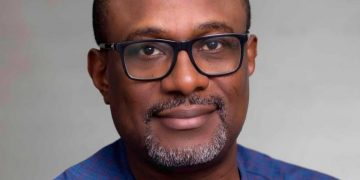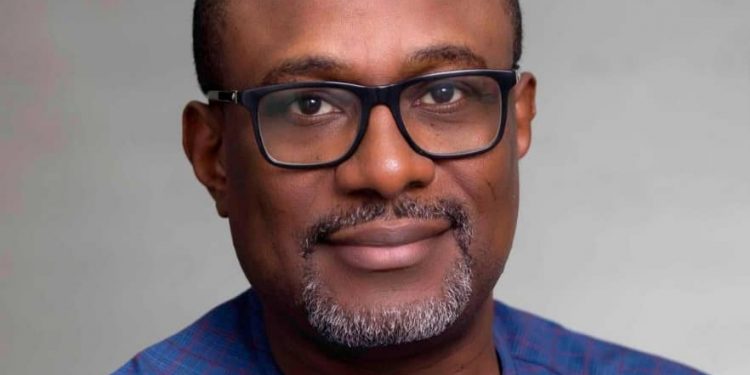By Emmanuel Nduka
Executive Secretary of the Nigerian Content Development and Monitoring Board (NCDMB) Engr. Simbi Wabote, has informed that the percentage of foreign experts compared to Nigerian experts in the country’s oil and gas sector, has been overturned in favour of Nigerians.
The NCDMB boss who was answering questions as guest on ARISE TV on Monday, said the gains made are part of concerted efforts of the Board to solve the problem which he said, had become like “a racket” in the industry.
To solve this, he said the NCDMB “instituted an expatriate quota administrative system within NCDMB, which is online. We then issued biometric passport for every quota that we approve. By the time they get their expatriate quota from the Ministry of Interior, they are registered in our system. So we have a clear data base with which we monitor the process to ensure that experts that are brought in are legitimately approved.”
Engr. Wabote noted that before the enactment of the Act to check the trend, “nobody ever monitored the expatriate quota allocation to the oil and gas industry. It was between the Ministry of Interior and the industry. In fact in the industry, we had some service providers who seek for expatriate quota even when they don’t need them, so it became more like a racket.”
“When I joined Shell years ago, the number of experts in a company like NLNG, was 90% to 10% Nigerians, because that was a company that was coming up and you needed a lot of experts to drive it. Today as I speak, the table has turned. 90% of the staff in NLNG are Nigerians and foreign experts are 10%. We in the NCDMB, we monitor the trajectory of expatriates that enter into the country,” he recalled.
On fabrication of materials locally, Wabote noted that the country’s capacity has been raised to 250,000 metric tons per annum.
“Before the enactment of the Act, nothing was done in this country in terms of fabrication, today we have raised fabrication capacity to about 250,000 metric tons per annum in the country. In the Engina FPSO, the largest FPSO floating production and operation system in the world, 200,000 barrels per day, was integrated here in Nigeria.
“Anything we wanted to fabricate in those days, was either done in Aberdeen, Canada or Houston, but today, we can manufacture and fabricate pressure vessels, all the pipelines that you see being installed are done by Nigerians,” he added.
While calling for patience with the NCDMB’s 10-year Strategic Roadmap in institutionalizing local content, he cautioned that “Local content is not like flipping the switch. It is a marathon, not a sprint. You have to take your time, because you have to build capacity. Those mental capacity don’t happen overnight. These are things you build over time. That is why I talked about our 10-year Roadmap on how we intend to get there.
“You build local content gradually, you don’t do it overnight. If you try it, everything will come to a standstill. You need Foreign Direct Investments on some of these investments that you do. And then the people who put the money on the table will demand certain things. So you don’t just blank them out overnight.”
He however advised that the only way to “change the game” is by deliberately investing in Research and Development.
On energy transition, he warned that that the world has been on transition for a long time, and that Nigeria must not make the mistake of “dropping what we have and move on to what other developed nations are doing.”
Engr. Wabote said the Board took advantage of government pronouncements and got involved in Modula Refineries. “We took about 30 percent equity to catalyze it, today it is producing right there in Imo state. When you talk about gas, we went into equity participation in most companies, about six of them, invested in them in order to catalyze the utilization of our gas resources. Today in about 10 states of the federation, you have our LPG penetration programmes going on, particularly in the northern states, Katsina, Kaduna, Kano, Bauchi and Gombe,” he noted.




































